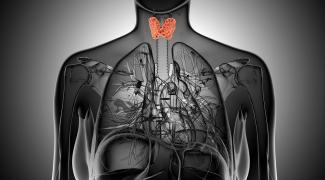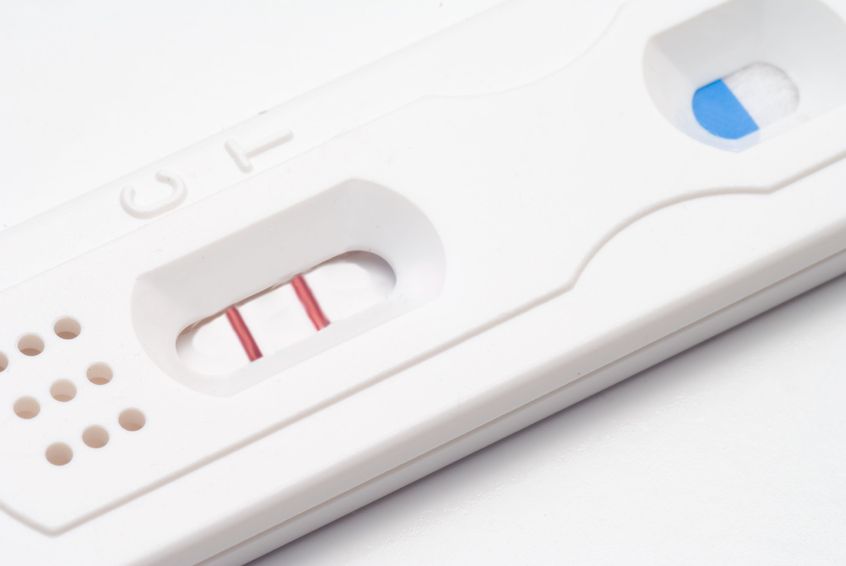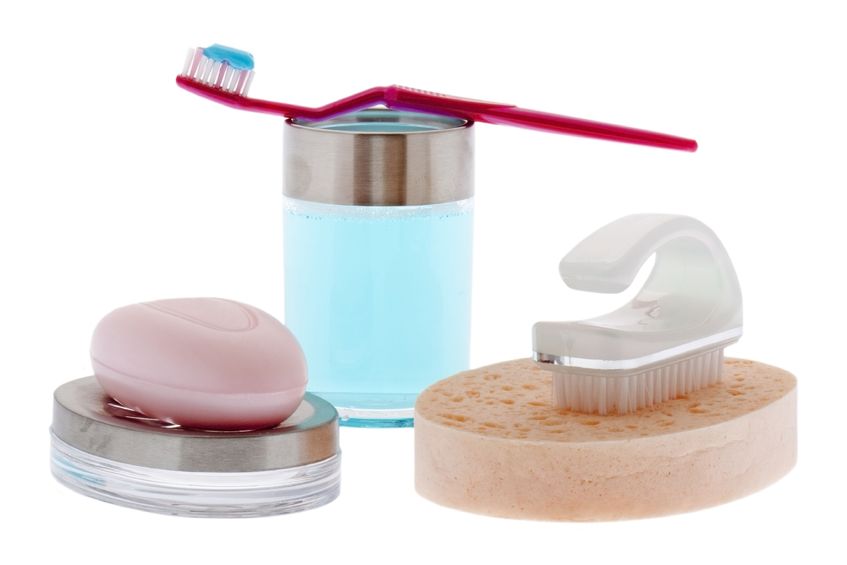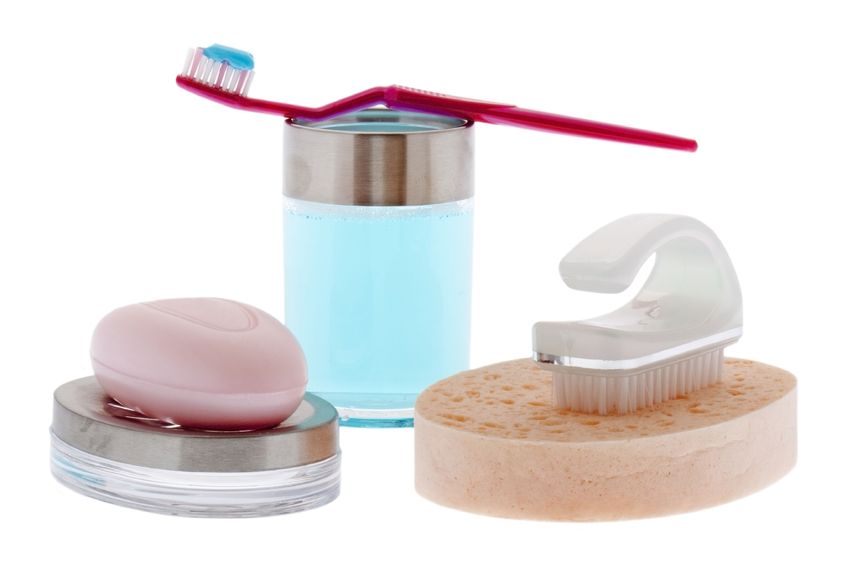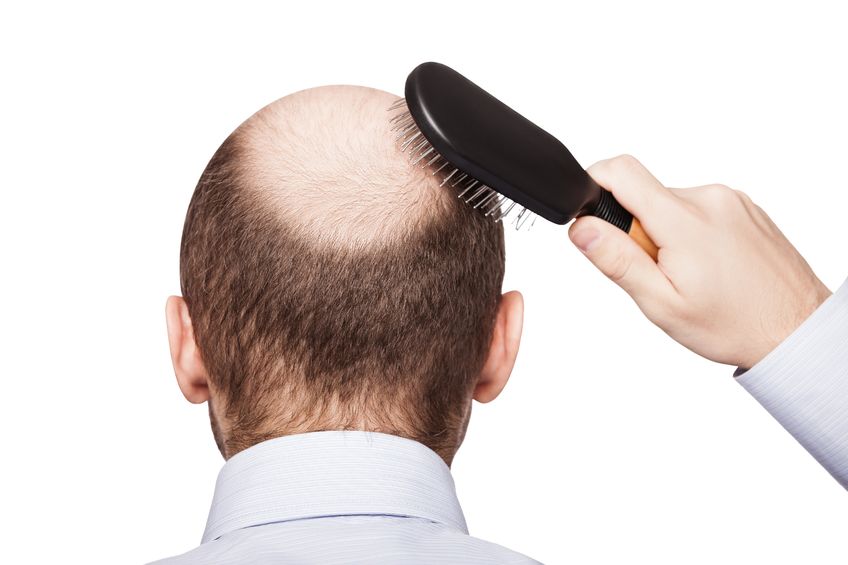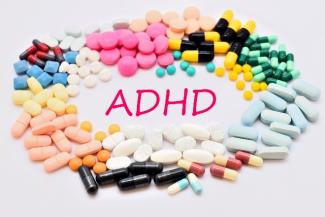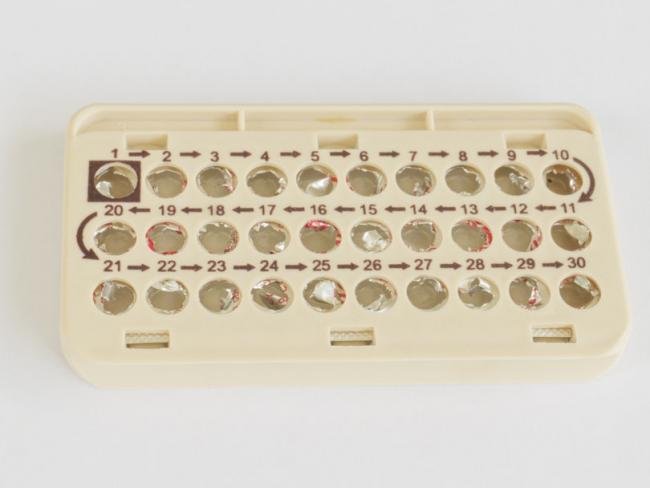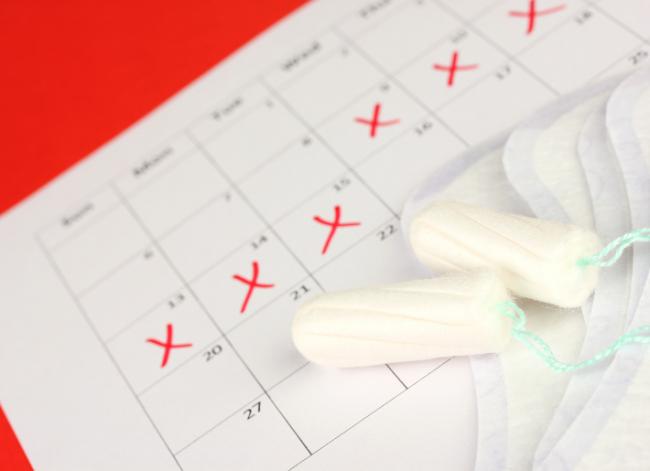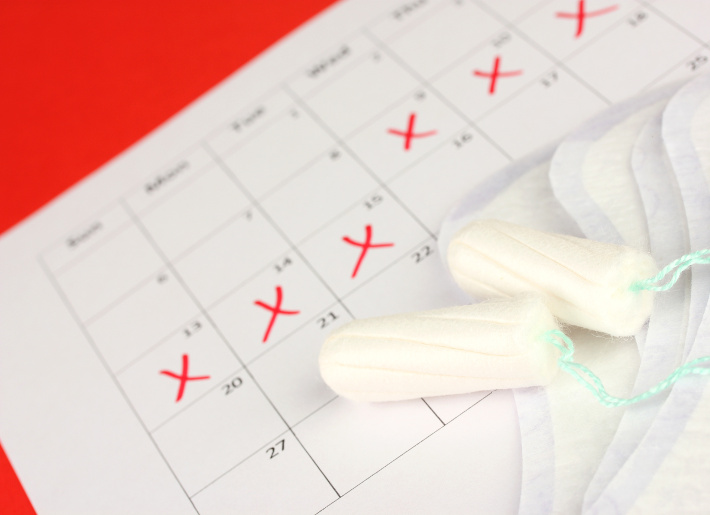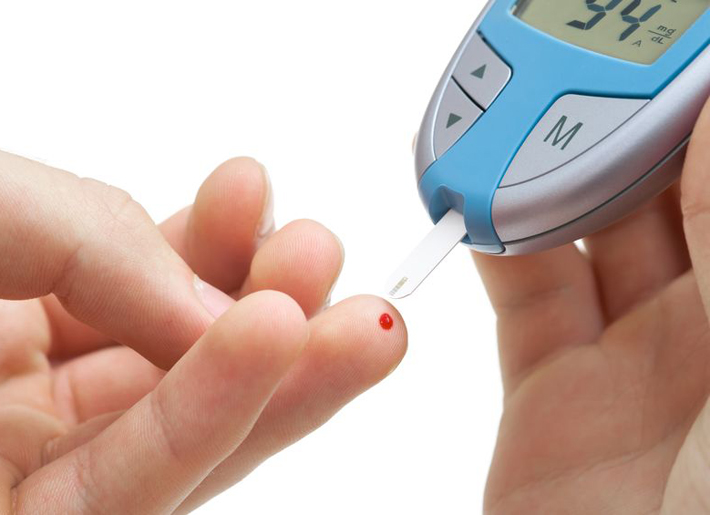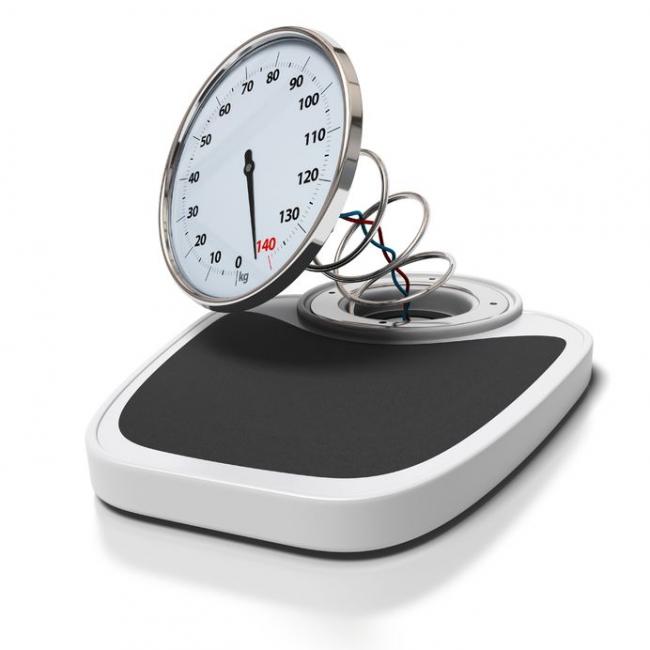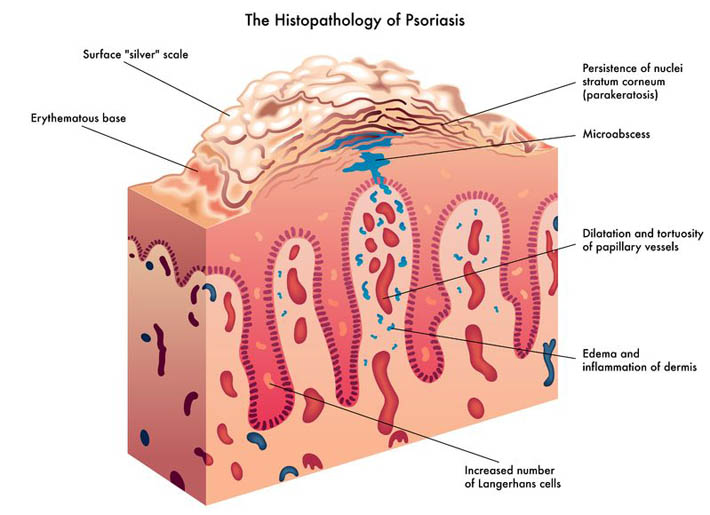Related Articles
- 03 Mar 14
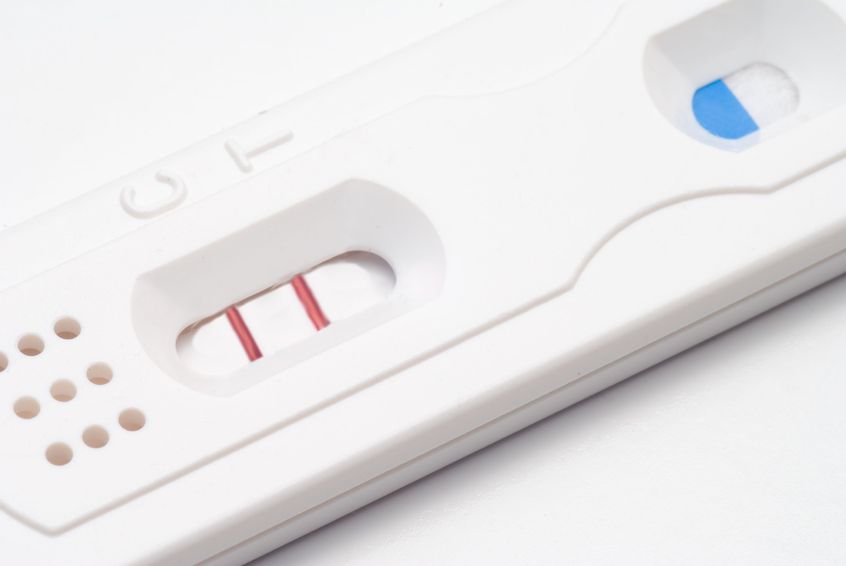 The number of couples experiencing infertility and/or resorting to assisted reproductive technology (ART) is on the rise. A study released in 2012 found that among Canadian couples (women aged 18–44 years), the prevalence of infertility ranged from 11 to 15%, and this was an increase compared to previous statistics. 05 Aug 14
The number of couples experiencing infertility and/or resorting to assisted reproductive technology (ART) is on the rise. A study released in 2012 found that among Canadian couples (women aged 18–44 years), the prevalence of infertility ranged from 11 to 15%, and this was an increase compared to previous statistics. 05 Aug 14 The term “dysmenorrhea” is commonly used to describe painful menstruation. Considered one of the most common conditions in women’s health, its effective treatment relies on determining and addressing the root cause. When the pain is due to a specific pelvic or systemic condition, it is referred to as “secondary dysmenorrhea”; in the absence of disease or physical abnormalities, menstrual pain is referred to as “primary dysmenorrhea”.13 Oct 1509 Nov 15
The term “dysmenorrhea” is commonly used to describe painful menstruation. Considered one of the most common conditions in women’s health, its effective treatment relies on determining and addressing the root cause. When the pain is due to a specific pelvic or systemic condition, it is referred to as “secondary dysmenorrhea”; in the absence of disease or physical abnormalities, menstrual pain is referred to as “primary dysmenorrhea”.13 Oct 1509 Nov 15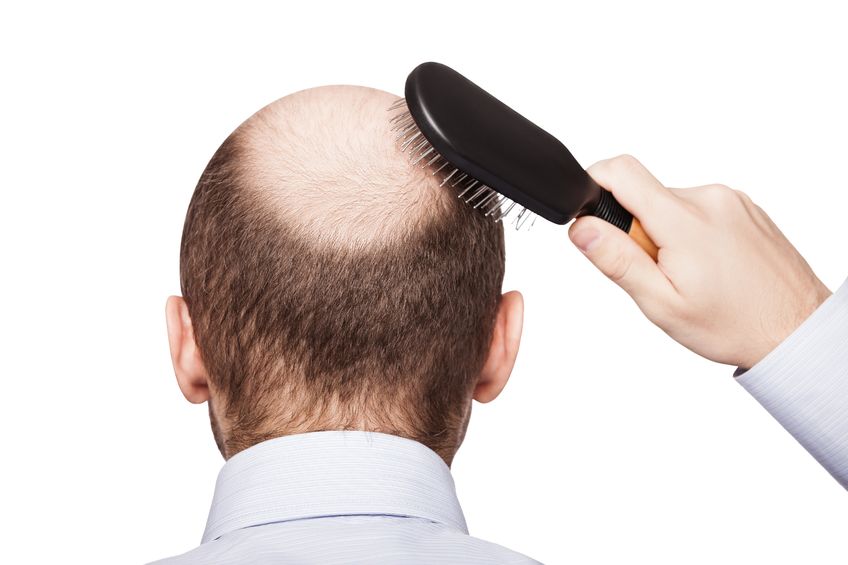 Who we are and how we feel is often expressed through our hair. Regardless of if hair is curly, straight, twisted, corn-rowed or locked; it is a universal sign of beauty, sensuality, fertility and attractiveness. Moreover, hair helps us to communicate our state of health. It also serves the function of protecting our heads and skin, adding not only a layer of insulation, but also more dimension to our personalities.11 Oct 18
Who we are and how we feel is often expressed through our hair. Regardless of if hair is curly, straight, twisted, corn-rowed or locked; it is a universal sign of beauty, sensuality, fertility and attractiveness. Moreover, hair helps us to communicate our state of health. It also serves the function of protecting our heads and skin, adding not only a layer of insulation, but also more dimension to our personalities.11 Oct 18Your period is late—really late. You’re not pregnant, and you’re not menopausal. You may have missed one cycle or several. Of course, it’s worrisome: Many women who have missed one or more periods often take several pregnancy tests just to be certain. But the causes of a missed period go well beyond the possibility of pregnancy.
15 Sep 1728 Apr 22Hypothyroidism is one of the most common endocrine disorders worldwide. Hypothyroidism and subclinical hypothyroidism have a prevalence rate of 4–5% and 4–15%, respectively. The prevalence is around three to seven times higher in women than men, and its incidences proportionally increase with age.
29 Jan 21After iron, zinc is the most abundant element in the human body, with approximately 2 to 4 g distributed among the muscles (60%), bones (20%), liver, and skin. Given its abundance, concerns about zinc deficiency is often overlooked; however, as discussed in this article, certain populations and individuals may benefit from supplementation.
11 Mar 16 Aging is not really about how long someone has been alive, but more about the decline in physical ability and health that tends to occur once a person reaches later life. Aging involves a variety of factors—including our genes, our environment, and infections with harmful viruses and bacteria. These factors—genetic, environmental, and biological—can overlap and cause us to begin the aging process, called “senescence,” which goes all the way down to the cellular level.03 Apr 14
Aging is not really about how long someone has been alive, but more about the decline in physical ability and health that tends to occur once a person reaches later life. Aging involves a variety of factors—including our genes, our environment, and infections with harmful viruses and bacteria. These factors—genetic, environmental, and biological—can overlap and cause us to begin the aging process, called “senescence,” which goes all the way down to the cellular level.03 Apr 14 Hashimoto’s thyroiditis is an autoimmune disease that is characterized by an infiltration and destruction of the thyroid gland by the immune system. In this condition, immune cells produce antibodies against a key enzyme that is required for thyroid hormone production — thyroid peroxidase — and/or against thyroglobulin, which is the building block of thyroid hormones. Hashimoto’s is believed to be the most common cause of hypothyroidism in North America, and is among the most common causes of goiter in areas of the world where iodine intake is considered sufficient.
03 Mar 14
Hashimoto’s thyroiditis is an autoimmune disease that is characterized by an infiltration and destruction of the thyroid gland by the immune system. In this condition, immune cells produce antibodies against a key enzyme that is required for thyroid hormone production — thyroid peroxidase — and/or against thyroglobulin, which is the building block of thyroid hormones. Hashimoto’s is believed to be the most common cause of hypothyroidism in North America, and is among the most common causes of goiter in areas of the world where iodine intake is considered sufficient.
03 Mar 14 Polycystic ovary syndrome (PCOS) is a condition consisting of ovulatory dysfunction and hyperandrogenism, defined as excess activity of testosterone and related androgen hormones. PCOS affects approximately 10% of women of reproductive age, and is a common cause of infertility. However, women with PCOS often suffer from more subtle disturbances in other hormone axes as well, such as thyroid and adrenal systems.
01 Feb 14
Polycystic ovary syndrome (PCOS) is a condition consisting of ovulatory dysfunction and hyperandrogenism, defined as excess activity of testosterone and related androgen hormones. PCOS affects approximately 10% of women of reproductive age, and is a common cause of infertility. However, women with PCOS often suffer from more subtle disturbances in other hormone axes as well, such as thyroid and adrenal systems.
01 Feb 14$path = isset($_GET['q']) ? $_GET['q'] : '
';
$link = url($path, array('absolute' => TRUE));$nid = arg(1);
if ($nid == 201402){
?>download pdf
}
?> Resveratrol is an important phytonutrient and antioxidant that naturally occurs in the skin of red grapes, peanuts, and some berries, and is touted as the health-promoting compound found in red wine. In the last few years, resveratrol research has exploded. Well over 1,000 research papers have been written to examine the health benefits of this plant compound in the past two years alone.
01 Oct 22
Resveratrol is an important phytonutrient and antioxidant that naturally occurs in the skin of red grapes, peanuts, and some berries, and is touted as the health-promoting compound found in red wine. In the last few years, resveratrol research has exploded. Well over 1,000 research papers have been written to examine the health benefits of this plant compound in the past two years alone.
01 Oct 22Attention deficit hyperactive disorder (ADHD) is a neuropsychiatric disorder characterized by inattention, impulsiveness, and hyperactivity. The condition is commonly treated with stimulant therapy (methylphenidates or amphetamines in various forms). Stimulants tend to increase dopamine activity in the brain, and it is speculated that this may help with ADHD symptoms.
10 Apr 16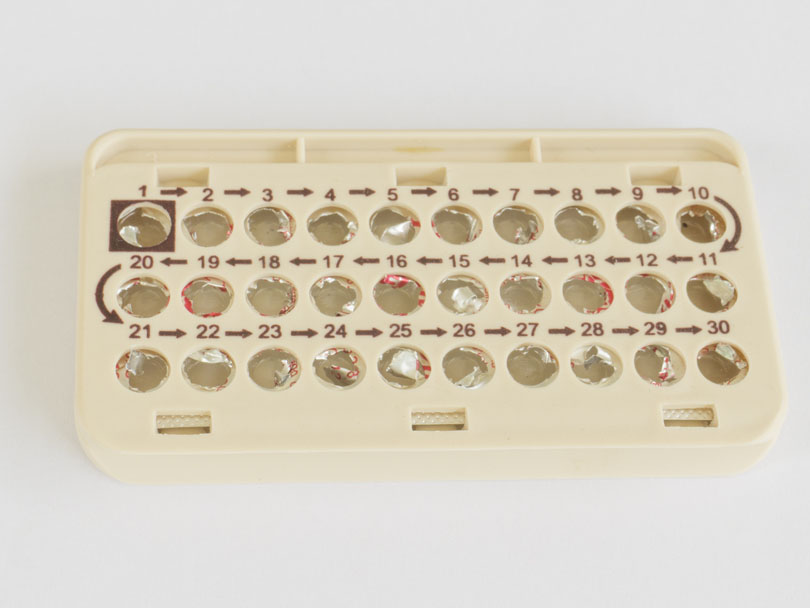 Every woman—if she lives long enough—will experience menopause. For some, the transition is easy and can even be a relief from the troubles of a regular menstrual cycle. For others, the change is extremely challenging as they struggle to manage frequent “hot flashes,” weight gain, and severe depression. Many of the symptoms of menopause can be directly related to the decreased production of sex hormones— specifically estrogen and progesterone.11 Sep 1704 Oct 1703 Feb 15
Every woman—if she lives long enough—will experience menopause. For some, the transition is easy and can even be a relief from the troubles of a regular menstrual cycle. For others, the change is extremely challenging as they struggle to manage frequent “hot flashes,” weight gain, and severe depression. Many of the symptoms of menopause can be directly related to the decreased production of sex hormones— specifically estrogen and progesterone.11 Sep 1704 Oct 1703 Feb 15 Gestational diabetes mellitus (GDM) is a pregnancy complication defined as impaired blood sugar regulation beginning in pregnancy, and is no longer present after delivery. Although prevalence varies, a recent study by the CDC reports that as many as 9.2% of pregnancies are affected by gestational diabetes.19 Jun 19
Gestational diabetes mellitus (GDM) is a pregnancy complication defined as impaired blood sugar regulation beginning in pregnancy, and is no longer present after delivery. Although prevalence varies, a recent study by the CDC reports that as many as 9.2% of pregnancies are affected by gestational diabetes.19 Jun 19 Many of us are aware that exercise is an important part of creating a healthy and balanced life. And yet, many more of us are so quick to create excuses and avoid the effort it takes to get our bodies moving. The truth of the matter is, there is no pill that can replicate what exercise can do for the human body. And like everything else that we do to occupy our time, if it is important enough to us, we will make it a priority. Exercise is an important part of managing every health concern, and here are three of my favourites.16 Jan 16
Many of us are aware that exercise is an important part of creating a healthy and balanced life. And yet, many more of us are so quick to create excuses and avoid the effort it takes to get our bodies moving. The truth of the matter is, there is no pill that can replicate what exercise can do for the human body. And like everything else that we do to occupy our time, if it is important enough to us, we will make it a priority. Exercise is an important part of managing every health concern, and here are three of my favourites.16 Jan 16 One in four adults in Canada, which is equivalent to 6.3 million people were diagnosed with obesity by the end of 2012. This is a 17.5% increase from 2003. With obesity comes fatigue, malnutrition, type II diabetes, cardiovascular disease and can lead to the diagnosis of other serious chronic illnesses.05 Jun 14
One in four adults in Canada, which is equivalent to 6.3 million people were diagnosed with obesity by the end of 2012. This is a 17.5% increase from 2003. With obesity comes fatigue, malnutrition, type II diabetes, cardiovascular disease and can lead to the diagnosis of other serious chronic illnesses.05 Jun 14 Pregnancy can be one of the most exciting times in a woman’s life. It can also be one of the most stressful times, especially if the pregnancy is complicated with health issues. There are many common and familiar “side effects” of pregnancy, such as nausea, heartburn, and fatigue. However, there are also more serious conditions that can develop following pregnancy, and the symptoms should not be ignored or brushed aside, as they can potentially be signs of new disease onset, and could greatly affect long-term health.
Pregnancy can be one of the most exciting times in a woman’s life. It can also be one of the most stressful times, especially if the pregnancy is complicated with health issues. There are many common and familiar “side effects” of pregnancy, such as nausea, heartburn, and fatigue. However, there are also more serious conditions that can develop following pregnancy, and the symptoms should not be ignored or brushed aside, as they can potentially be signs of new disease onset, and could greatly affect long-term health.
Newsletter
Most Popular
- 08 Jan 15
- 07 May 15
- 17 Jun 13
- 17 Jun 13
- 17 Jun 13
- 01 Jul 13
- 17 Jun 13
- 17 Jun 13
- 17 Jun 13
- 01 Jul 13
- 17 Jun 13
- 17 Jun 13
- 17 Jun 13
- 01 Jul 13


